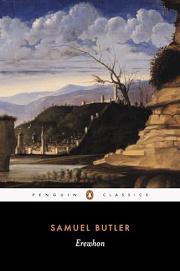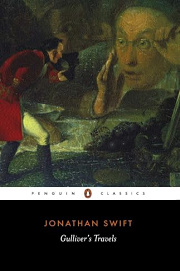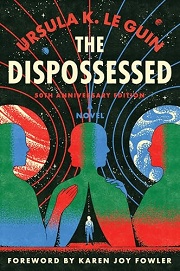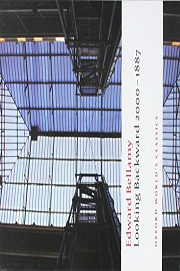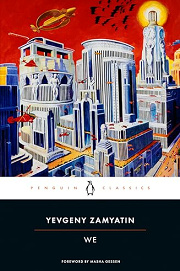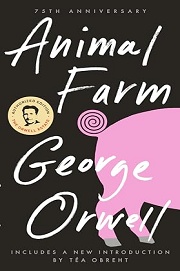Share your thoughts in a quick Shelf Talk!
Erewhon by Samuel Butler
In a far-off land where conventions are flipped and progress hides a strange machinery, a traveler discovers society’s mirror—cracked and revealing. Satirical and sly, Erewhon challenges what we call civilization, asking who is really being civilized at all.
Have you read this book? Share what you liked (or didn’t), and we’ll use your answers to recommend your next favorite read!
Love Erewhon but not sure what to read next?
These picks are popular with readers who enjoyed this book. Complete a quick Shelf Talk to get recommendations made just for you! Warning: possible spoilers for Erewhon below.
In Erewhon, did you enjoy ...
... a satirical travelogue that uses invented societies to lampoon real-world customs and hypocrisies?
Gulliver's Travels by Jonathan Swift
If you relished the way the traveler in Erewhon stumbles into a hidden land and finds absurd inversions—like illness treated as crime, the "Musical Banks," and the Colleges of Unreason—then Swift’s voyages to Lilliput, Brobdingnag, Laputa, and the land of the Houyhnhnms will hit the same sweet spot. Like Butler, Swift uses bizarre customs and deadpan observation to pry open social folly, from petty court rituals to scientific pomposity. You’ll get that same wry shock of recognition you felt when the Erewhonians defended persecuting the sick, only here it’s miniature courtiers scrambling under chairs and scientists trying to extract sunbeams from cucumbers.
... thought-experiment worldbuilding that probes ethics, freedom, and social design through contrasted societies?
The Dispossessed by Ursula K. Le Guin
You liked how Erewhon turns society inside out—outlawing illness, worshipping at the "Musical Banks," and smashing machines—to ask what makes a civilization humane. Le Guin’s The Dispossessed follows Shevek between the anarchist moon Anarres and the capitalist world Urras, using his journey the way Butler uses the traveler’s mountain crossing: as a lens to examine property, punishment, and progress. If the trial scenes and the anti-machine treatise stirred your appetite for ideas, Shevek’s debates over time, obligation, and the price of comfort will keep you thinking long after the last page.
... a speculative society built to critique 19th‑century capitalism and everyday life?
Looking Backward, 2000 1887 by Edward Bellamy
In Erewhon, the traveler’s guided tours—through banking that no one believes in, courts that punish disease, and schools that unteach reason—lay bare Victorian habits by flipping them. Bellamy’s Julian West awakens in the year 2000 and is led through nationalized industry, universal credit, and public stores. If the Erewhonians’ "Ydgrunism" made you grin and wince at once, you’ll appreciate how Bellamy’s hosts carefully explain their institutions to expose the old world’s waste and cruelty.
... an outsider’s view of a rigorously controlled society whose rituals reveal the costs of conformity?
We by Yevgeny Zamyatin
If the courtroom farce that criminalizes illness, the polite tyranny of the "Musical Banks," and the campaign to destroy machinery in Erewhon fascinated you, We offers a starker mirror. Engineer D‑503 builds the Integral for the One State, where citizens march in lockstep, confess in public, and undergo the "Great Operation" to snuff out imagination. Like Butler’s traveler, D‑503’s encounters with forbidden desire and dissent expose how a neat, rational society can grind up the human heart.
... allegorical institutions that mirror real power and moral compromise?
Animal Farm by George Orwell
The institutions in Erewhon—the "Musical Banks" that everyone honors yet no one trusts, the Colleges of Unreason, the rebranding of crime and illness—work as living symbols. In Animal Farm, the pigs’ commandments, the shifting slogans, and the staged confessions serve the same allegorical purpose. If Butler’s airship escape felt like a final wink at systems that can only be fled, Orwell’s closing scene at the farmhouse window offers a similarly chilling, crystal-clear emblem of how ideals curdle into domination.
Unlock your personalized book recommendations! Just take a quick Shelf Talk for Erewhon by Samuel Butler. It’s only a few questions and takes less than a minute.
